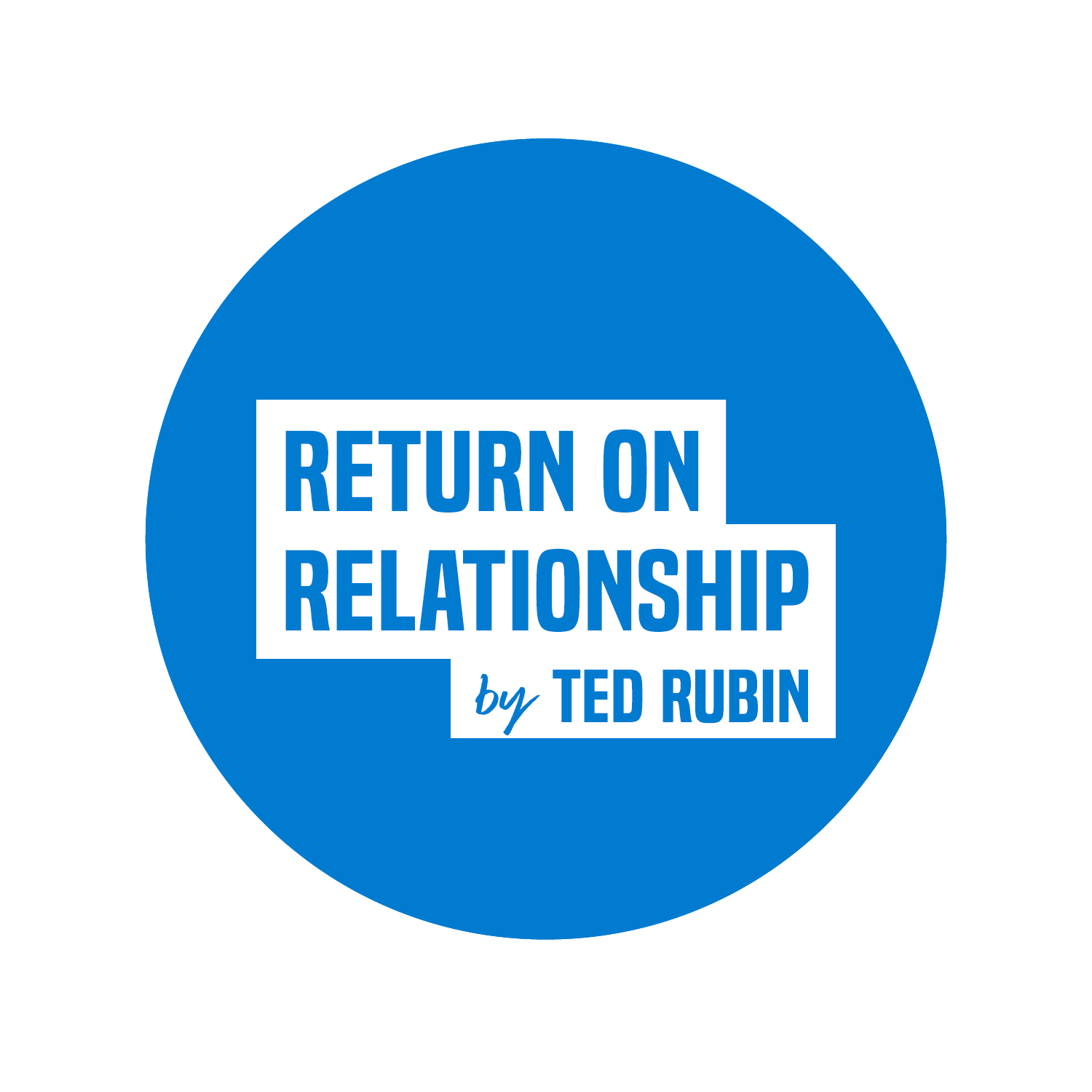The unhappy at work paradox ~via @tedbauer2003
Here’s what I mean by the “unhappy at work paradox” — and heck, this seems a good Labor Day topic.
The U.S. unemployment rate is somewhere between 4.9 and 9.7 percent, which is generally pretty low.
Global unemployment is higher than that, although still less than about 20 percent — but youth unemployment is rising dangerously.
But, employee engagement globally is dropping — for a half-decade or more. U.S. employee engagement is pretty much in the toilet.
This is the “unhappy at work” paradox: via the unemployment stats, there seemingly are jobs out there for people — but once people get into them, they’re usually not engaged in ’em. What’s happening?
Unhappy at work: The baseline “Gig Economy” situation
If you want to consume some more employment numbers,consider the rise of the Gig Economy. I personally think most people don’t really understand major economic numbers and just quote the ones that bolster their specific point of view. I’m trying not to do that here, but I’m only human, you know?
If unemployment is dropping, why is unhappiness at work rising?
The whole idea of “The Gig Economy” is people doing something themselves, or patching together different types of work, because the old-fashioned corporate contract isn’t jiving with them anymore. When you have 20-somethings from upper-middle-class families chasing The Gig Economy, you know it’s kind of a “real” thing. People are clearly unhappy at work in the most basic sense if they’re willing to risk a lot to build out their own thing. So, how did we get there?
Unhappy at work: The five basic tenets
I write about this stuff a lot, so here goes. If I had to pick five major reasons for people generally being unhappy at work, I’d lead with these:
The reciprocity problem: Individual human behavior is rooted in reciprocity, i.e. people nodding at you on the street. Companies do not operate according to moral norms — and legally, they have no requirement to do so.
The bad managers issue: By some measure, 82 percent of managers in companies end up being the wrong hire. When you promote the wrong people, there’s a network effect. Those people now manage others. They help dictate their workload. One bad promotion becomes 8-12 people turning over.
The stakeholder problem: 40 years ago, you could argue that employees were “stakeholders” in their company. That has completely changed. In the eyes of most executives, their investors and shareholders are “the stakeholders.” The employees are also-rans. You please those with the money, not those doing the tasks.
The “rich get richer” issue: The 1% owns about as much as the bottom 50% globally, and this attitude is reflected at work too. Your company only has a “Chief Strategy Officer” — shouldn’t everyone be responsible for strategy? — because it’s some guy the execs liked, played golf with, and wanted to “mint.”
The decision-making problem: There’s a big issue with decision-makers in most companies, and you can point to the rise of bureaucracy in many orgs and say “It’s because people would rather be on bloated teams where they don’t need to make decisions.”
Unhappy at work: What do we do?
There are a lot of different attitudes on happiness. Some believe that you control it, so you can make the choice to be happy. I don’t know if I specifically believe that. Honestly, I sometimes believe that happiness at work is a giant scam — probably one cooked up by consultants to allow executives to pay us rank-and-files even less.
(Oh, if I had to list a Reason No. 6 above, it would be stagnant earnings relative to how much you’re expected to produce.)
The changes we need to make in terms of people being unhappy at work are pretty massive, but here are a few suggestions.
Blow up middle management: Most people unhappy at work hate their direct boss, and their direct boss is likely a middle manager.Middle management makes almost no sense in an era of digital tools and systems, but somehow it’s growing. Blow it up. It’s fat. You run effective businesses by trimming fat. Self-driving cars, anyone?
Encourage feedback loops: A lot of people unhappy at work are unhappy because they never know where they stand. (There’s tons of research on this.) They don’t know where they stand because managers hide behind technology and once-a-year reviews to never provide actual feedback. The lack of feedback at most jobs is stunning. We allow this to continue via (a) laziness and (b) “that’s how we’ve always done it.” It’s bullshit. Have a few one on one meetings. See where that goes in terms of productivity.
Stop focusing on perks: Ping pong and kegerators are nice, but that’s not “culture” nor is it “happiness.” That stuff comes from real, organic, human-to-human interaction. Technology has hurt that, and we need to re-chase it.
Give a shit and stop couching everything in buzzwords: That’s where most of this starts, right?
Let me hear from you about being unhappy at work
If you stumble across this post and find yourself unhappy at work, leave a comment. Why are you unhappy at work? What’s the biggest “pain point?” How do you think you could be happier?
Any other thoughts on being unhappy at work, I’m always game to hear them.



